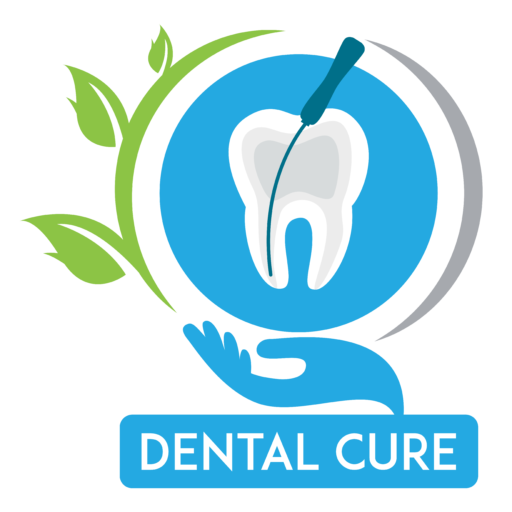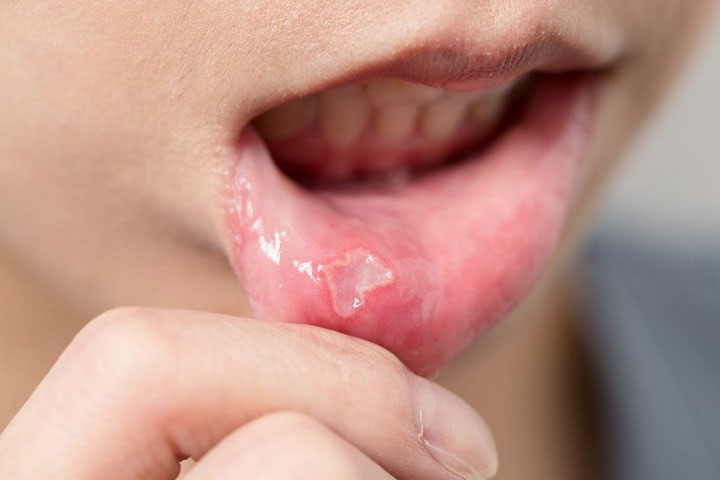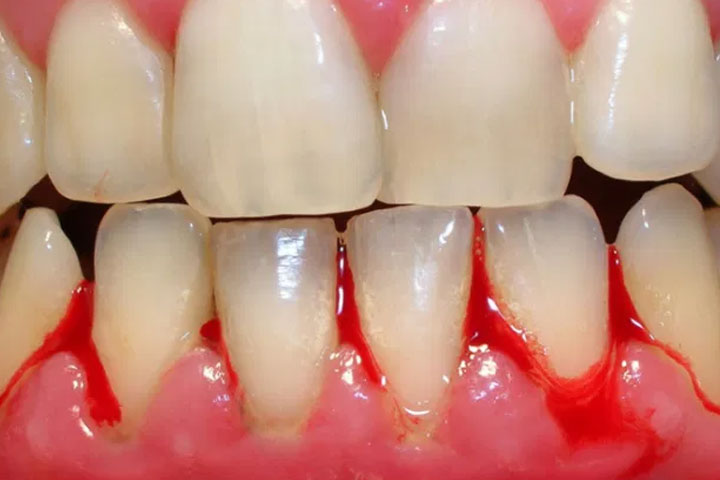Pan chewing habit can lead to several problems
- The abrasive nature of the nut, the increased alkalinity and sugars can result in severe dental problems.
- Tooth wear i.e., grinding or rubbing away of teeth, and as hard covering (enamel) is lost, it leads to sensitivity to sweets, heat, and cold.
- Tooth fractures
- Stains – commonly referred to as Gutka/Pan/tobacco stains
- Bleeding gums and loose teeth as supporting tissues are affected.
- Of more grave concern are the effects on the tongue and cheeks inside the mouth.
- Areca nut chewing may result in conditions called Oral Leukoplakia and Submucous fibrosis, both of which can potentially cause cancer in the mouth (oral cancer).
- Few indications of impending danger, if you have the habit of chewing pan, supari, or gutka
- Burning sensation in mouth on taking warm or slightly spicy food.
- Difficulty in opening the mouth.
- Presence of an irregular whitish-grey discoloration that cannot be rubbed off.
- Wrinkled appearance, thickening, and tough leathery texture, presence of ulceration on the tongue and other areas in the mouth.
- A tendency for the tissues in the mouth to peel off.
- Loose and detached white tags of tissue can be seen and felt.
- Habits – Smoking
- Habit No Smoking
- Besides several other problems, Smoking leads to dental problems, including
- –Bad breath.
- Tooth discoloration.
- Inflammation of the salivary gland openings on the roof of the mouth.
- Increased build-up of plaque on the teeth.
- Increased loss of bone within the jaw.
- Increased risk of leukoplakia, white patches inside the mouth.
- Increased risk of developing gum disease, a leading cause of tooth loss.
- The delayed healing process following a tooth extraction, periodontal treatment, or oral surgery.
- The lower success rate of dental implant procedures.
- Increased risk of developing oral cancer.
- Dental Implants’ success rate is drastically reduced in Smokers.
- Smoking and other tobacco products can lead to gum disease by affecting the attachment of bone and soft tissue to your teeth. More specifically, it appears that smoking interferes with the normal function of gum tissue cells. This interference makes smokers more susceptible to infections, such as periodontal disease, and also seems to impair flow to the gums, which may affect wound healing.





